Consumers have become more informed and selective about the products they purchase in the modern marketplace. Accurate and detailed product information is essential for making informed decisions.
Labeler machines are specialized devices used in various industries to affix labels onto products, packaging, or containers. These machines play a vital role in ensuring accurate product identification, tracking, and compliance with regulatory standards. By automating the labeling process, labeler machines contribute significantly to efficient product information management.
Labeler machines are widely used for the labeling of different types of products and containers. They are mechanically operated and have a wide variety of designs, shapes and configurations.
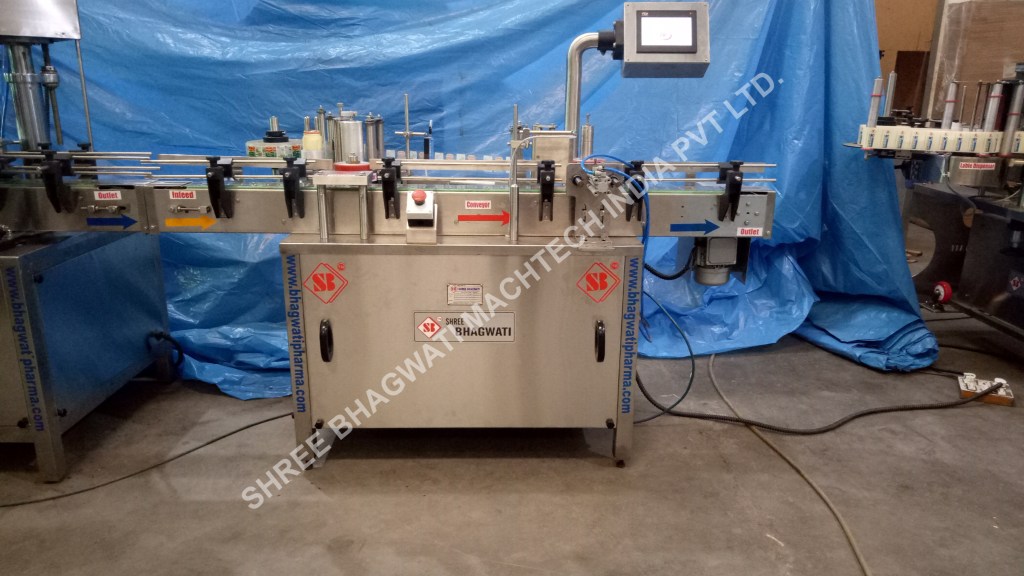
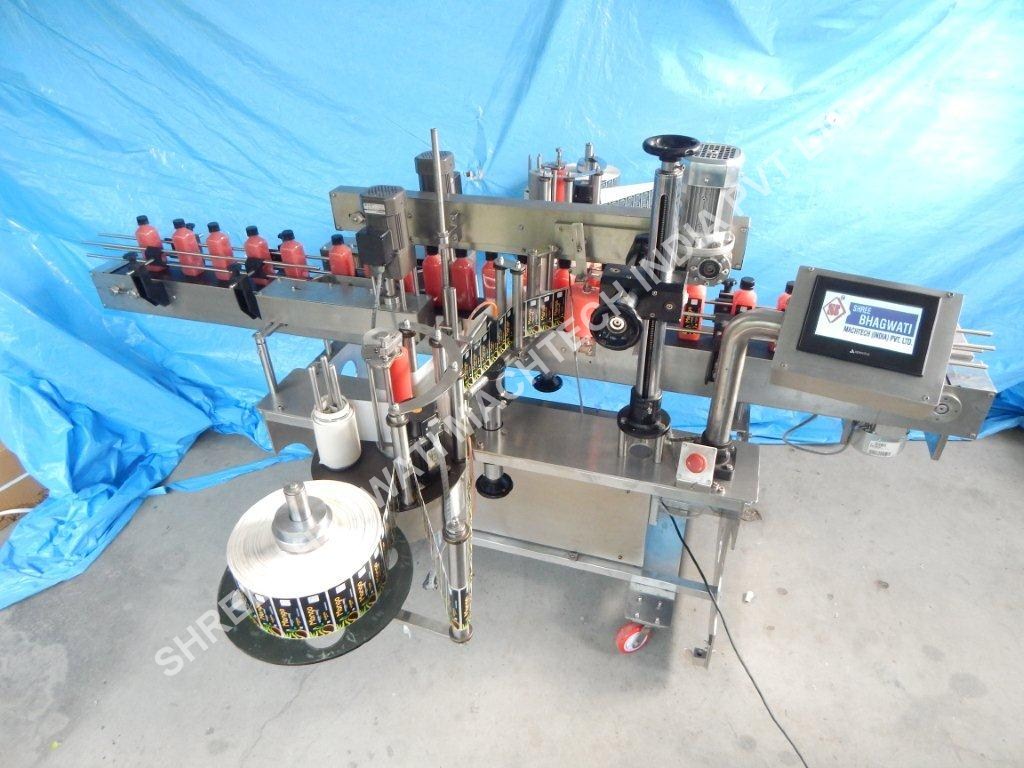
Enhancing Efficiency with Automated Labeling
Automated labeling with labeler machines offers substantial efficiency gains. These machines can label products at a much higher speed than manual methods, reducing production time and increasing output. By eliminating human error, labeler machines enhance accuracy, minimizing the risk of mis-labeled products.
Ensuring Accuracy in Product Identification
Accurate product identification is crucial for inventory management, traceability, and customer satisfaction. Labeler machines utilize advanced technology to ensure precise label placement, legibility, and adherence. They can handle various label types, including barcode labels, RFID tags, and product-specific labels, allowing for seamless tracking and identification throughout the supply chain.
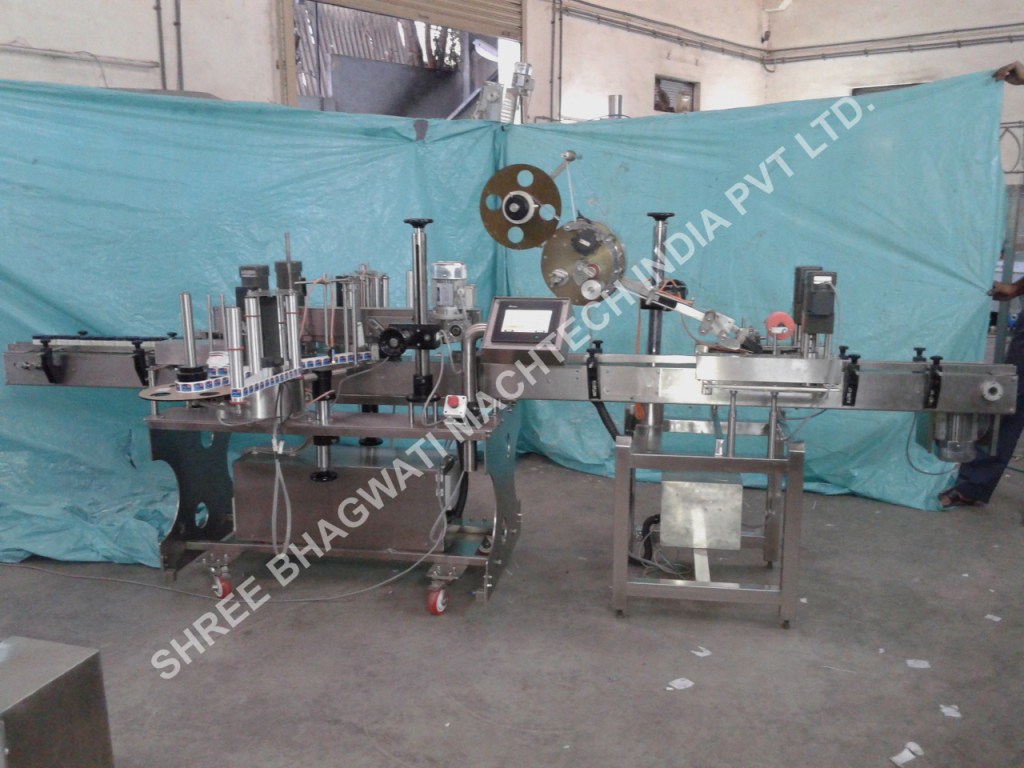
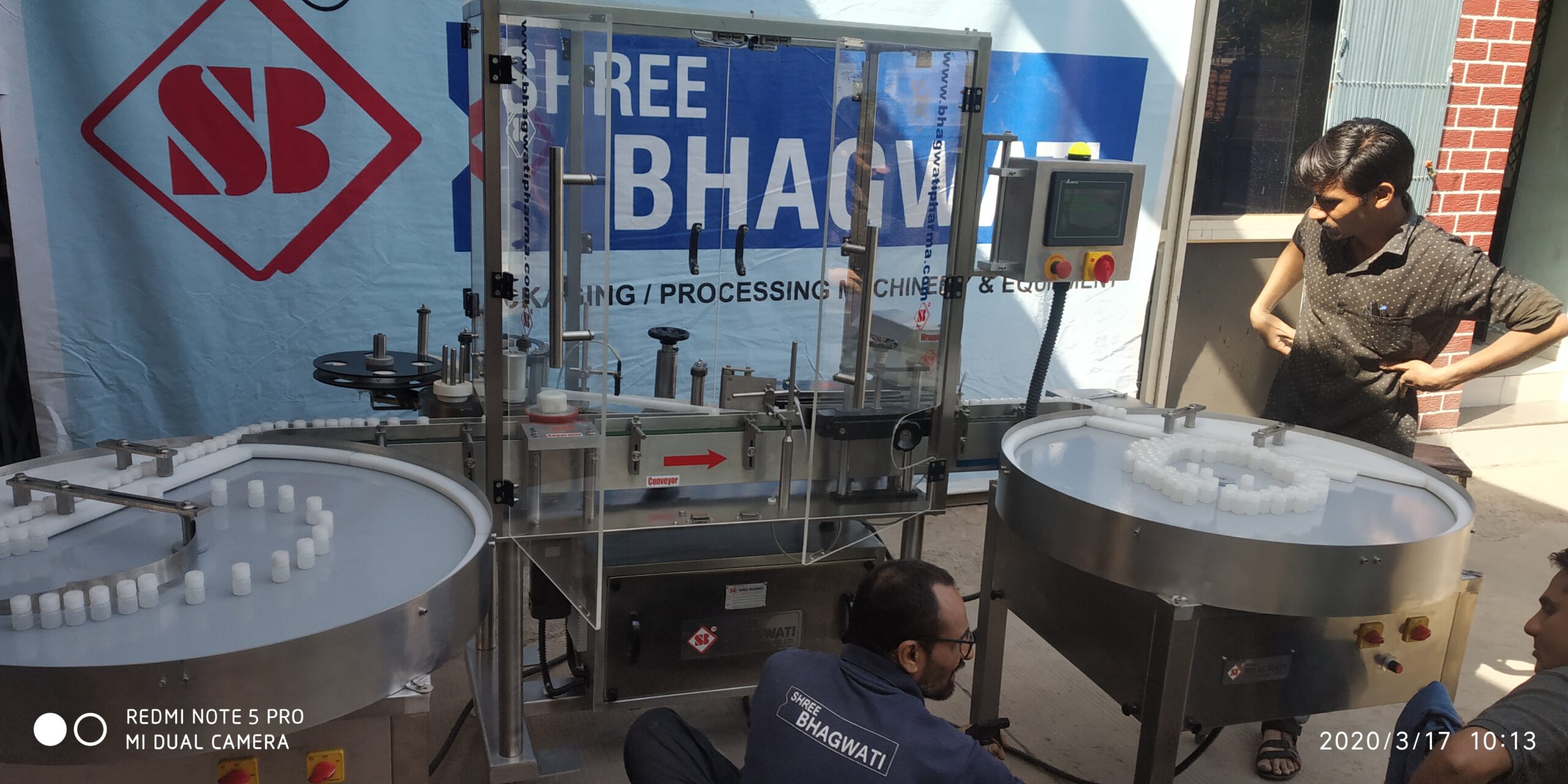
Compliance and Regulatory Requirements
In many industries, regulatory compliance is of utmost importance. Labeler machines help businesses meet these requirements by applying labels that contain vital product information such as ingredients, warnings, lot numbers, and expiration dates. These machines can also integrate with databases or systems to retrieve real-time information for labeling, ensuring accurate and up-to-date compliance.
Versatility and Flexibility of Labeler Machines
Labeler machines are versatile tools that can adapt to different products, packaging materials, and label sizes. They offer flexibility in label placement, accommodating various orientations and shapes. Some labeler machines can handle multiple labeling stations, allowing for the application of multiple labels or different types of labels on a single product.
Integration with Product Information Systems
Labeler machines can integrate with product information systems, further enhancing product information management. By connecting with databases, ERPs (Enterprise Resource Planning), or PLMs (Product Lifecycle Management) systems, labeler machines can access relevant product information, such as descriptions, pricing, or manufacturing data. This integration streamlines the labeling process and ensures accurate and consistent product information across the organization.
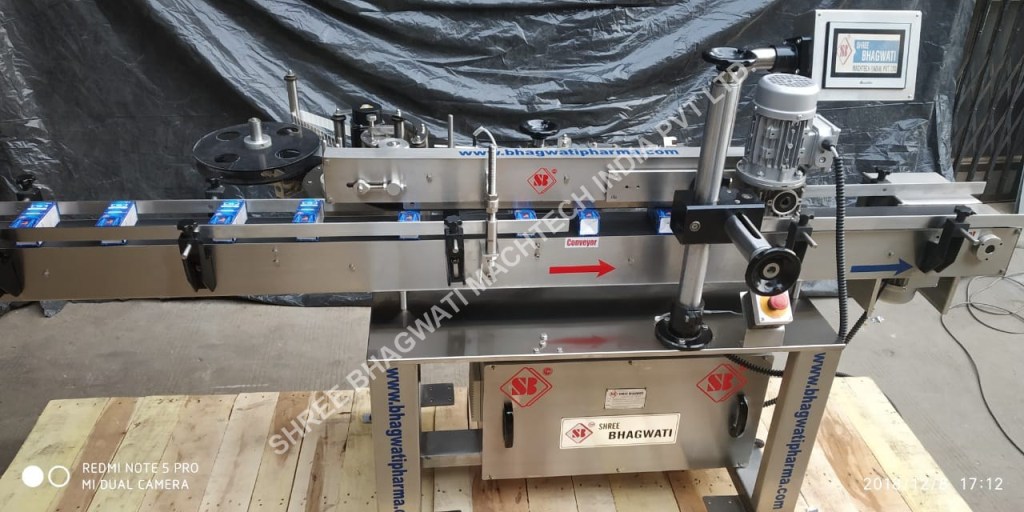
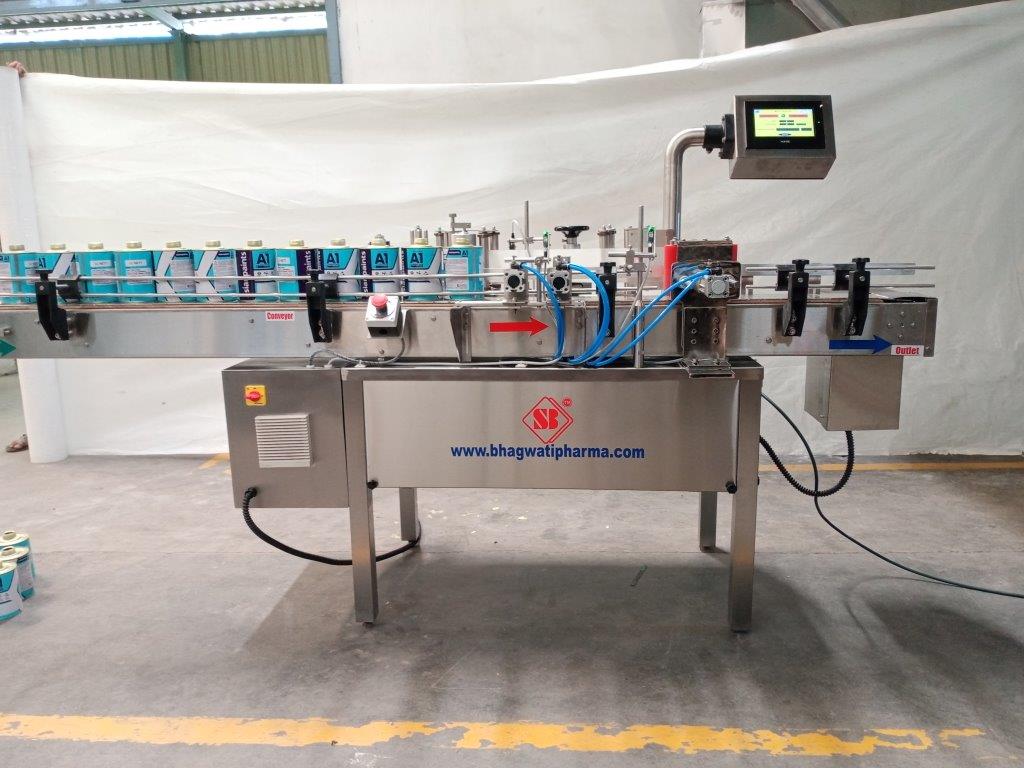
Cold Glue Labeling Machines
The rotary cold glue labeler applies paper labels to containers. Its application method reduces heat exposure and prevents burns for workers. It is suitable for front and back labels, neck ring labels and tamper-evident seals. Often, the labeler is coupled with hot glue or pressure-sensitive labeling aggregates to accommodate different label formats.
Unlike other labelers, a rotary cold glue machine can apply labels to bottles and jars with various sizes and shapes. It can also work alone or be connected to a production line. It features an easy-to-use PLC interface and touch screen to allow operators to set parameters. Its separation design of glue box, coated rubber wheel and rotating tower make the machine simple and quick to clean.
To ensure worker safety, a rotary cold glue labeler should be equipped with a photo-reflective sensor at the outfeed to detect jamming and stop the machine. It should also use a stainless steel body to prevent rust and paint chips from flaking into food/beverage items.
Hot Melt Labeling Machines
Typically, labeling machines use hot melt glues to apply wrap-around labels to bottles and containers. The labels are pre-cut and positioned on the container prior to dispensing, and the glue is applied via the labeling station’s nozzles. The labeling station can be combined with a standard carousel to label a wide variety of glass, plastic, and metal container shapes.
Labels are available in a wide range of finishes, colours and designs, to enhance brand image and promote product appeal. Some labels also offer tamper proof and counterfeit deterrence features.
Automatic rotary labeling machinery performs economical, wrap-around labels on glass or plastic bottles and cans. The labels can be either roll stock (from a labeling roll) or cut and stacked (from a label magazine). The labeling machine uses a star wheel to position the container on a bottle plate and then applies a label to it using the cutting system. A servo motor and PLC control the cutting unit to ensure that labels are precisely cut.
Direct Thermal Labeling Machines
Labeling machines that use direct thermal printing are a cost-effective solution for products that will spend a short time in the supply chain and won’t be exposed to harsh conditions. These machines don’t require ribbons, so there are fewer hardware components to repair or replace.
Direct thermal labels have a chemical layer on the paper or synthetic base that is activated by heat. Print head elements are positioned on top of the layer and when the label runs through the printer, small elements on the print head heat up and create the required image.
Unlike the thermal transfer label printing process, which adds dye to the stable substrate, the heat-sensitive surface of direct thermal labels degrades over time. As a result, these labels should be stored in a climate-controlled environment, out of the sun, and used within a 365-day timeframe.
Automatic labeling machines are widely used in the manufacturing and packaging industries to print and apply labels on a wide range of products and packages. They are also used in logistics and e-commerce applications to help streamline inventory management, shipping, tracking, and regulatory compliance.
Considering the specific application is critical for choosing the best machine type. Consider the range of product shapes and sizes, as well as label positioning accuracy requirements. Consider the production environment, including temperature, humidity, and cleanliness. Specify whether or not the equipment will be integrated into an existing production line.
For applications where your labels are exposed to extreme environments, choose a labeler that utilizes thermal transfer printing. This technique uses a ribbon to create an image on specialized heat-sensitive paper, allowing the print head to remain protected from dirt and dust. Unlike direct thermal printing, this method is more resistant to the elements and can handle tough handling and storage conditions.














